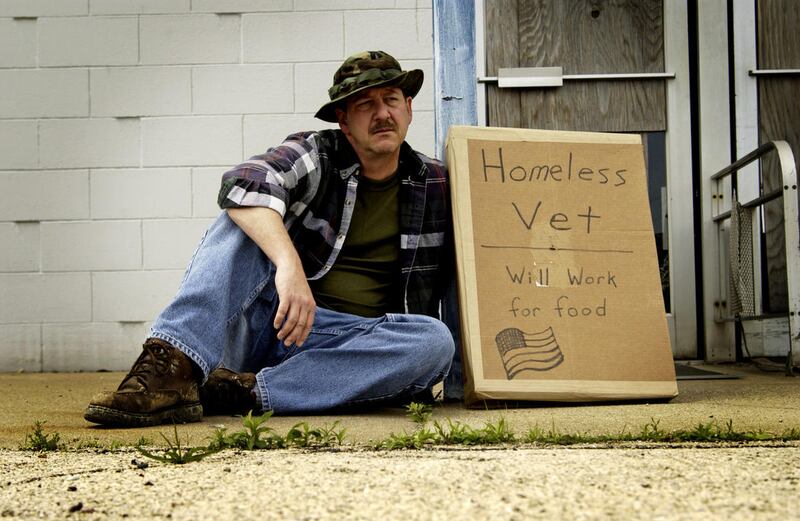After nearly 50 years of America’s war on poverty the official poverty rate has remained unmoved. After all these years and all the money spent on poverty relief (around $22 trillion), we could surmise that everything that could be said has been said and every attempt has been made to solve the problem. While we know the poor always will be with us, does that mean the poor need to stay poor?
Perhaps our lack of progress isn’t due to a lack of good intentions and not enough money or moral turpitude and bad decisions. Perhaps our shortcomings have little to do with Republican and Democrat or conservative and liberal. Perhaps, on the other hand, our lack of progress is due to how we think about the poor.
Today’s strident populism, personified by Donald Trump and Bernie Sanders, is fed by voter frustration, anger, fear and despair. But, I would argue, at the heart of today’s strident populism is our moral abandonment of the poor. Americans give time, money and other resources to the poor but fail to provide the most important assistance: human dignity. We fail to see them as ourselves and, because we fail in this respect, the poor are effectively cast out, separated from the dignity we afford ourselves.
Every failed society has turned its back on the poor. Throwing money at the feet of the beggar (or mailing him a monthly welfare check) isn’t compassion, doesn’t convey any dignity and never saved a nation. Periodically volunteering to feed the poor is a nice gesture but is hardly the sort of impactful activity expected of people with moral imagination. Do you really want to heal the social divides plaguing us, from racial tensions to political incivilities? Address the disease, not just the symptoms, and “let every man esteem his brother as himself.” Aren’t we all beggars? Caring for the poor is how this nation can become one — in fact, it’s the only way.
Utah can lead the way. We can build a new poverty paradigm for the nation. We can create new public policies to set the standard for poverty relief. But what does this look like?
First, new public policies must be based on the moral expression of human dignity. We must put ourselves in the tattered shoes and the stress-filled days of the poor. If I’m poor, what does it mean to stand in line for government services? A new poverty paradigm would have us review the bureaucracies of poverty. No person wants to be interrogated when in need. He or she wants help.
There is a difference between seeking out the poor, actively looking to assist them, and passively waiting on the poor to come beg for assistance. The difference is dignity. Private agencies and faith-based groups know this difference. There is no reason Utah cannot rewire our government bureaucracies to actually serve the poor and maintain their dignity. It is a proactive stance. Today’s data-driven capabilities not only mean that we know the faces of poverty in Utah; they mean we can anticipate the onset of poverty and proactively intervene.
Second, the poor must become our policy priority. Education and poverty relief rightly comprise most of the state budget. But what are we getting for our money? The answer is not so much a critique about what we’re doing or not doing but, more so, how we think about struggling students and the poor. Isn’t the real benchmark of a good and prosperous society who is not left behind? We rightly take pride in our state accomplishments, but it is always our shortfalls that define our society.
This reminder is especially important for Utah’s conservatives. Free markets and economic opportunity are essential to help lift the poor. But we are negligent if those essentials are the end of our commitment to the poor. The ecology of prosperity includes individuals and families currently out of the reach of markets and opportunity, and conservatives should spend at least as much time on them as they do principles of economics.
The relatively new state intergenerational poverty project is a great example of a new poverty paradigm. It sees the poor in a personal way and attempts to bring together private and public resources to meet their needs and help lift them to self-sustenance.
When we lead with dignity the poor will happily come out of the shadows of society. When we lead with dignity we will see the whole person, their happiness, not just their economics. If conservatives want to take the “slum out of the man,” first show the man some dignity. Utah is not exceptional unless we are good — and we are not good unless we exalt the poor. And when we do, we will finally become one people.
Paul Mero is president and CEO of Next Generation Freedom Fund.

